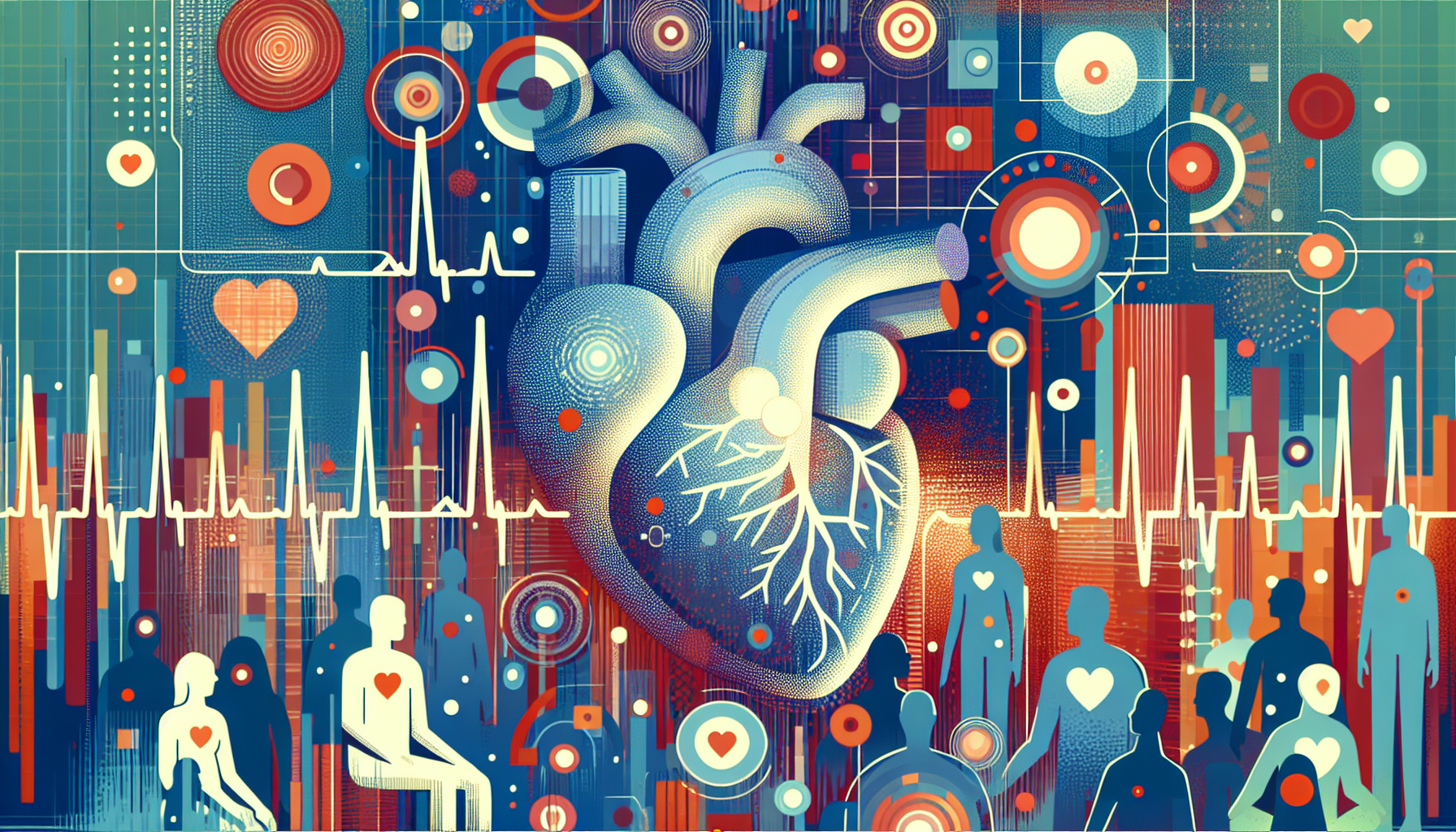An arrhythmia is a condition where your heart beats irregularly, either too fast (tachycardia) or too slow (bradycardia). It's a common problem, affecting about 1.5%-5% of people. If you feel like your heart is skipping beats, fluttering, or racing, it's important to seek medical help to determine the cause and appropriate treatment.
Symptoms of Arrhythmia
Some people with arrhythmias may not experience any symptoms, while others may notice:
Causes of Arrhythmia
Arrhythmias can occur even in people with healthy hearts. Some common causes include:
Heart disease
Imbalance of electrolytes (salts) in the blood
Heart injury or changes (e.g., reduced blood flow, stiff heart tissue)
Healing process after heart surgery
Certain medications (e.g., antidepressants, decongestants)
Strong emotions, stress, or surprise
Lifestyle factors (e.g., alcohol, tobacco, caffeine)
Medical conditions (e.g., diabetes, high blood pressure, thyroid problems)
Types of Arrhythmias
Arrhythmias are classified based on where they originate in the heart and how they affect the heart rate. The two main categories are:
Supraventricular arrhythmias (originating in the atria, the upper chambers of the heart)
Ventricular arrhythmias (originating in the ventricles, the lower chambers of the heart)
Some common types of arrhythmias include atrial fibrillation, atrial flutter, ventricular tachycardia, and ventricular fibrillation.
Diagnosing Arrhythmias
To diagnose an arrhythmia, your doctor will perform a physical exam and may recommend tests such as:
Electrocardiogram (EKG or ECG)
Holter monitor
Event monitor
Implantable loop recorder
Stress test
Imaging tests (e.g., CT scans, cardiac MRI)
Echocardiogram
Electrophysiology study
Treating Arrhythmias
Treatment for arrhythmias depends on the type and severity of the condition. Options may include:
Medications (e.g., beta-blockers, calcium channel blockers)
Electrical cardioversion
Pacemaker implantation
Implantable cardioverter defibrillator (ICD)
Catheter ablation
Pulmonary vein isolation
Cardiac surgery (e.g., coronary bypass surgery, maze procedure)
In addition to medical treatments, your doctor may recommend lifestyle changes such as eating a heart-healthy diet, exercising regularly, managing stress, and limiting alcohol and caffeine intake.
Preventing Arrhythmias
While not all arrhythmias can be prevented, you can take steps to reduce your risk:
Maintain a healthy diet and weight
Exercise regularly
Manage stress
Limit alcohol and caffeine consumption
Avoid smoking
Control underlying health conditions (e.g., high blood pressure, diabetes)
Regular checkups with your doctor can help detect and manage arrhythmias early on. If you experience symptoms of an irregular heartbeat, seek medical attention promptly to determine the cause and appropriate treatment.
For more information about arrhythmias, visit:
The Bottom Line
Most irregular heartbeats are benign, but persistent symptoms lasting over several minutes or accompanied by chest pain require immediate evaluation. Early detection through ECG monitoring can identify serious conditions before they become life-threatening. If you're experiencing unexplained palpitations or rhythm concerns, Doctronic can help assess your symptoms and determine appropriate next steps.



